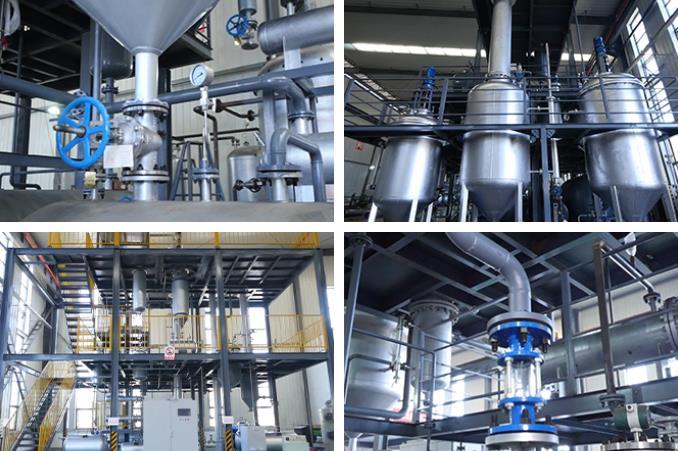In our modern age, where sustainability is paramount and environmental consciousness is on the rise, finding innovative ways to repurpose waste has become imperative. One such area of focus is the recycling of used oil, a substance that, if not properly managed, can wreak havoc on ecosystems and human health. However, through the marvels of technology and ingenuity, used oil recycling machines are paving the way for a remarkable transformation, giving used oil a second life and mitigating its detrimental impacts.
The Dilemma of Used Oil
Used oil, often generated from automobiles, machinery, and industrial processes, is a significant environmental hazard. When improperly disposed of, it can contaminate soil, water sources, and air, posing serious threats to both terrestrial and aquatic ecosystems. Its toxic components, such as heavy metals and carcinogenic compounds, can persist in the environment for years, causing long-term damage.
The Rise of Used Oil Recycling Machines
Fortunately, the development of used oil recycling machines has revolutionized the way we handle this hazardous waste. These machines employ sophisticated processes to purify and refine used oil, transforming it into valuable resources. Through a series of steps including filtration, distillation, and chemical treatment, these machines can effectively remove contaminants and impurities, producing high-quality recycled oil suitable for reuse.
Remarkable Transformations
The transformations facilitated by used oil recycling machines are truly remarkable. Instead of languishing in landfills or polluting our environment, used oil is given a new lease on life. Recycled oil can be used as a lubricant in machinery, a fuel source for industrial boilers, or even as a feedstock for manufacturing other products. This not only reduces the demand for virgin oil but also conserves natural resources and minimizes pollution.
Environmental and Economic Benefits
The benefits of used oil recycling extend far beyond environmental preservation. By recycling used oil, we reduce the need for crude oil extraction, thereby conserving finite resources and reducing carbon emissions associated with oil production. Additionally, the recycling process generates economic opportunities, creating jobs in the recycling industry and fostering innovation in waste management technologies.
Challenges and Future Outlook
Despite the strides made in used oil recycling, challenges remain. Proper collection and disposal of used oil are essential to ensure that it reaches recycling facilities instead of being improperly discarded. Furthermore, ongoing research and development are needed to improve recycling technologies and increase efficiency.
Looking ahead, the future of used oil recycling appears promising. As environmental awareness continues to grow and regulations tighten, the demand for sustainable waste management solutions will only increase. Used oil recycling machines will play a pivotal role in meeting this demand, paving the way for a greener, more sustainable future.
Conclusion
The remarkable transformations enabled by used oil recycling machines highlight the power of technology and innovation in addressing environmental challenges. By giving used oil a second life, these machines not only mitigate pollution and conserve resources but also contribute to economic growth and sustainability. As we strive towards a more circular economy, the recycling of used oil serves as a shining example of turning waste into opportunity, proving that even the most unlikely materials can find redemption through innovation.

